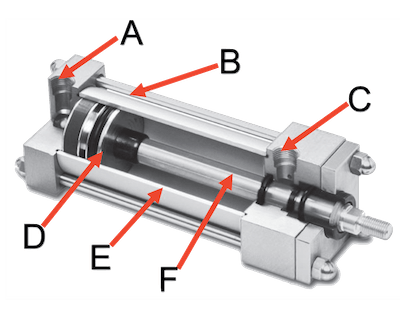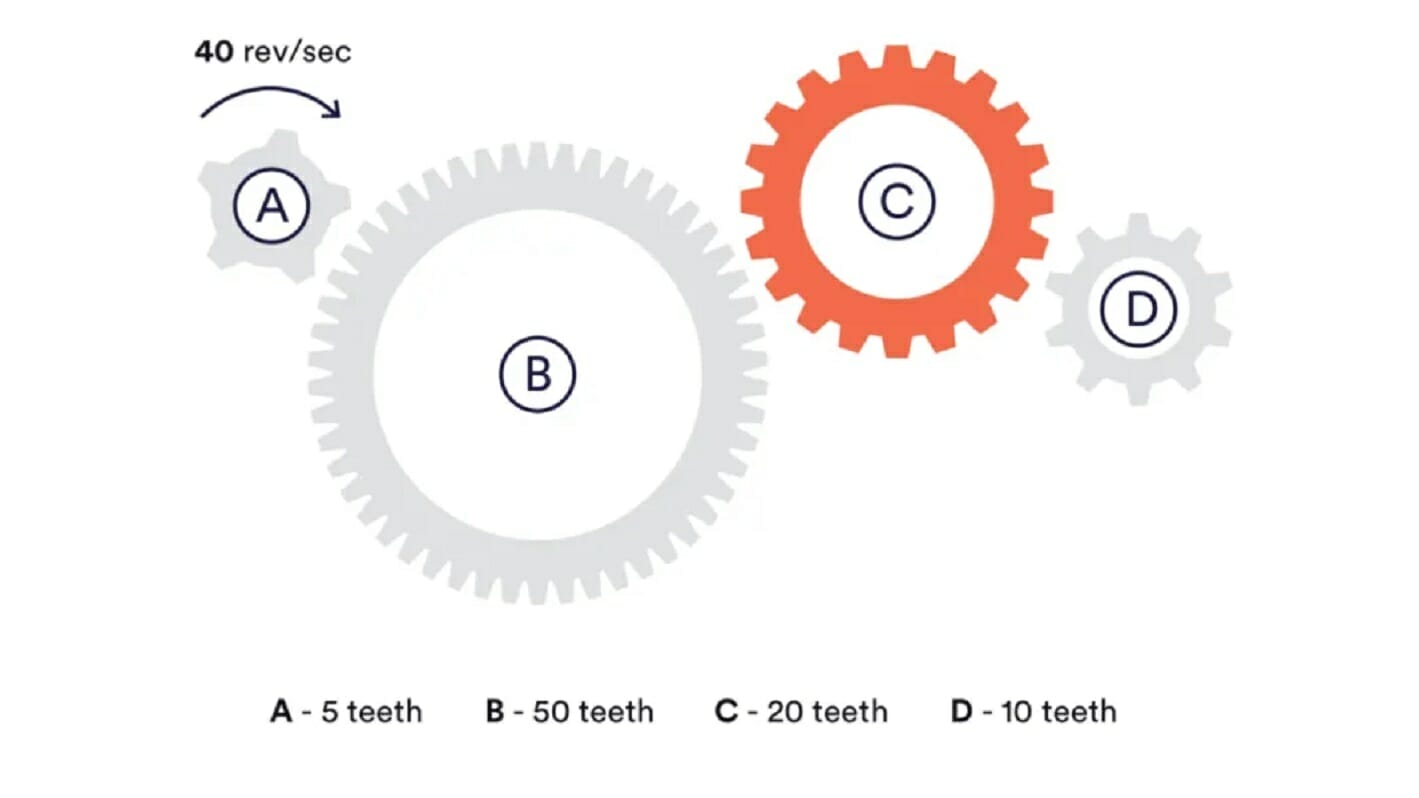Mechanical engineering technology in the Philippines is a rapidly evolving field that offers many opportunities for those passionate about innovation and problem-solving. To excel in this dynamic industry, it is essential to have a strong foundation in technical knowledge coupled with practical skills. One expert tip to thrive in mechanical engineering technology in the Philippines is to stay updated with the latest advancements in the field through continuous learning and professional development. You can be a valuable asset in this competitive landscape by keeping abreast of industry trends and emerging technologies.
Another key tip to excel in mechanical engineering technology in the Philippines is actively seeking hands-on experience through internships, co-op programs, or research projects. Practical application of theoretical concepts not only enhances your understanding of the subject but also equips you with valuable skills that are highly sought after by employers in the industry. By immersing yourself in real-world projects and collaborating with industry professionals, you can gain insights into the practical aspects of mechanical engineering technology and develop a strong foundation for a successful career in this dynamic field.

1. Understanding the Basics
Gaining a solid foundation in core concepts such as thermodynamics, fluid mechanics, and materials science is crucial for students pursuing a degree in mechanical engineering technology in the Philippines. These fundamental principles are the building blocks for understanding how various mechanical systems operate and interact. By developing a strong understanding of engineering principles and honing mathematical skills, students can effectively analyze and solve complex problems they may encounter in their academic and professional endeavors related to mechanical engineering technology in the Philippines. This comprehensive knowledge base equips students with the necessary tools to design innovative solutions, optimize existing systems, and contribute meaningfully to mechanical engineering technology in the Philippines.
Through dedicated study and practical application of theoretical concepts, students can enhance their problem-solving abilities and critical thinking skills within mechanical engineering technology in the Philippines. By delving deep into topics such as thermodynamics, fluid mechanics, and materials science, individuals can broaden their understanding of how different factors influence the performance and efficiency of mechanical systems. This multifaceted approach prepares students for the challenges they may face in the industry. It instills in them a sense of curiosity and innovation to push the boundaries of what is possible within mechanical engineering technology in the Philippines.
2. Hands-On Experience
Hands-on experience is crucial for students studying mechanical engineering technology in the Philippines. Engaging in hands-on projects, internships, or co-op programs allows students to bridge the gap between theoretical knowledge and real-world applications. By working on practical projects, students can apply what they have learned in class to solve engineering problems, gaining valuable experience. Experimenting with different tools and equipment enhances their practical skills. It sharpens their problem-solving abilities, preparing them for the challenges they may face in their future careers in mechanical engineering technology in the Philippines.
Furthermore, hands-on experience gives students a deeper understanding of the concepts they have learned in their courses. Students can see firsthand how theoretical principles translate into tangible results through practical application. This experiential learning approach reinforces their understanding of mechanical engineering technology and fosters creativity and innovation as they explore different ways to tackle engineering challenges. Overall, hands-on experience is vital in shaping well-rounded and competent professionals in mechanical engineering technology in the Philippines.
3. Continuous Learning
Staying abreast of the latest trends and advancements in mechanical engineering technology in the Philippines is vital for professionals looking to excel in their careers. Engaging in workshops, seminars, and online courses can provide valuable insights into new technologies, tools, and methodologies shaping the industry. By actively participating in such learning opportunities, individuals can broaden their skill set, enhance their problem-solving abilities, and stay ahead of the curve in this rapidly evolving field.
Moreover, pursuing further education or certifications in mechanical engineering technology in the Philippines can significantly boost one’s credentials and competitiveness in the job market. Advanced degrees or specialized certifications can deepen one’s understanding of complex engineering concepts and open up new career opportunities and pathways for professional growth. By investing in continuous learning and skill development, Filipino mechanical engineers can position themselves as valuable assets in the industry and contribute effectively to innovative projects and solutions.
4. Communication Skills
Effective communication plays a crucial role in mechanical engineering technology in the Philippines. Clear and concise communication is essential when collaborating with colleagues on projects, presenting innovative ideas to stakeholders, and documenting crucial information for future reference. By honing written and verbal communication skills, professionals in this field can ensure that technical information is effectively conveyed, leading to successful project outcomes and seamless teamwork.
In the context of mechanical engineering technology in the Philippines, the ability to communicate efficiently can bridge gaps between team members with diverse expertise and backgrounds. Through clear communication, Filipino engineers can ensure that their ideas are accurately understood and implemented, fostering a collaborative and productive work environment. Whether drafting project reports, delivering presentations, or discussing complex concepts, strong communication skills are key to navigating the dynamic landscape of mechanical engineering technology in the Philippines.
5. Networking and Professional Development
Attending industry events, conferences, and networking sessions is essential for professionals in mechanical engineering technology in the Philippines. By participating in such gatherings, individuals can connect with like-minded professionals and potential employers, allowing them to stay updated on industry trends and advancements. Engaging in discussions and exchanging ideas with others in the field can also lead to valuable insights and opportunities for career growth. Moreover, joining professional organizations and participating in career development programs can further expand one’s network and provide access to a wider range of career opportunities within the mechanical engineering technology sector in the Philippines.
Through active involvement in industry events and professional organizations, individuals in mechanical engineering technology in the Philippines can enhance their professional development and establish meaningful connections within the industry. These platforms offer a space for networking and serve as avenues for learning and skill development. By immersing themselves in these environments, professionals can gain valuable knowledge, stay updated on the latest technologies and practices, and position themselves for career advancement in the dynamic field of mechanical engineering technology in the Philippines.
6. Problem-Solving Abilities
Cultivating strong problem-solving abilities is crucial for success in mechanical engineering technology in the Philippines. Engineers must develop an analytical mindset and hone their critical thinking skills to tackle complex challenges that arise in the industry effectively. By breaking down problems into manageable steps and approaching them with innovative solutions, Filipino engineers can overcome obstacles and drive progress in the field. This proactive approach leads to more efficient problem-solving and fosters continuous improvement and advancement in mechanical engineering technology in the Philippines.
Practicing the art of problem-solving in mechanical engineering technology in the Philippines requires combining technical expertise and creative thinking. Filipino engineers must be able to apply their knowledge and skills to identify issues, analyze root causes, and develop practical solutions that push the boundaries of what is possible. By integrating structured problem-solving methodologies with out-of-the-box thinking, engineers can drive innovation and make meaningful contributions to the development and growth of mechanical engineering technology in the Philippines.
7. Time Management and Planning
Effective time management and planning are crucial for success in any field, including mechanical engineering technology in the Philippines. To excel in this dynamic industry, individuals must prioritize tasks, set achievable goals, and create a realistic project completion timeline. By determining the most critical tasks and allocating time and resources accordingly, professionals can ensure they stay on track and meet deadlines efficiently. Utilizing tools and techniques such as project management software can greatly enhance organization and productivity, enabling individuals to monitor progress, collaborate with team members, and adapt to any changes that may arise during the project lifecycle.
In the context of mechanical engineering technology in the Philippines, having a structured approach to time management and planning is essential for driving innovation and delivering high-quality solutions. By implementing effective strategies to prioritize tasks and set clear goals, professionals in this field can optimize their workflow and maximize productivity. Leveraging project management software helps stay organized and facilitates seamless communication and coordination among team members, ultimately leading to the successful completion of projects within the specified timeline. By embracing these principles, individuals in mechanical engineering technology in the Philippines can navigate challenges effectively and achieve sustainable career growth.
Parting Thoughts: Mastering Mechanical Engineering Technology in the Philippines
Mastering mechanical engineering technology in the Philippines requires a multifaceted approach encompassing theoretical understanding and hands-on applications. It is essential to continuously expand your technical knowledge by staying updated with the latest advancements in the field. Moreover, honing your practical skills through real-world projects and experiences can significantly enhance your expertise in mechanical engineering technology. By actively seeking opportunities for professional development, such as attending workshops, obtaining certifications, and pursuing higher education, you can further solidify your foundation in this dynamic field.
In the context of mechanical engineering technology in the Philippines, leveraging these 7 expert tips can serve as a roadmap to your career success. By focusing on technical proficiency, practical know-how, and professional growth, you can position yourself as a valuable asset in the industry. Embracing continuous learning and innovation will not only help you advance your own career but also contribute positively to the overall development and progress of mechanical engineering technology in the Philippines.












